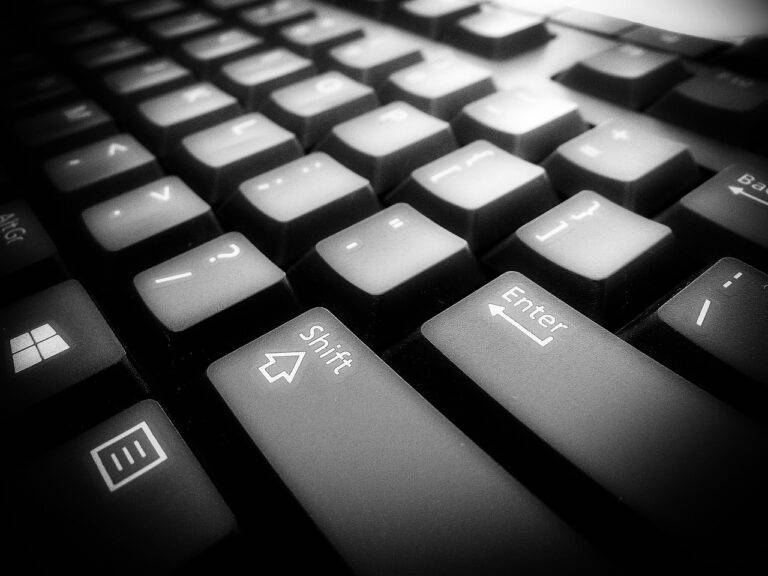The Future of Remote Healthcare: Telemedicine and Beyond
Access to healthcare services is a fundamental challenge in the traditional delivery model. Long wait times and limited availability of healthcare providers often result in delayed or inadequate care for patients. This can lead to worsening health conditions and increased healthcare costs in the long run.
Another obstacle in traditional healthcare delivery is the lack of coordination between different healthcare providers. Fragmented care can lead to miscommunication, duplication of tests, and ultimately, gaps in patient care. This disjointed approach not only hinders the overall quality of healthcare but also contributes to patient dissatisfaction and potential medical errors.
Benefits of Remote Healthcare
Remote healthcare offers unparalleled convenience for patients, allowing them to consult with medical professionals from the comfort of their homes. Through telemedicine platforms, individuals can have quick access to healthcare services without the need to travel. This is especially beneficial for those with mobility issues or living in remote areas where medical facilities are scarce.
Furthermore, remote healthcare provides a cost-effective alternative to traditional in-person visits. Patients can save money on transportation expenses and potential hospital fees. With the growing availability of virtual health services, individuals can receive quality medical care at a fraction of the cost, making healthcare more accessible and affordable for a broader population.
What are some common challenges in traditional healthcare delivery?
Some common challenges in traditional healthcare delivery include long wait times, limited access to specialists, high costs, and difficulty for patients in rural areas to access care.
How does remote healthcare address these challenges?
Remote healthcare addresses these challenges by providing patients with access to healthcare professionals through telemedicine platforms, reducing wait times, offering virtual consultations with specialists, and enabling patients in rural areas to receive care from the comfort of their homes.
Can remote healthcare be as effective as in-person healthcare?
Yes, remote healthcare can be just as effective as in-person healthcare for many medical conditions. Studies have shown that remote consultations can lead to similar health outcomes as traditional in-person visits.
Are there any downsides to remote healthcare?
Some downsides to remote healthcare include potential technical issues with telemedicine platforms, limitations in physical examinations that can be conducted remotely, and challenges in building rapport between patients and healthcare providers.
How can patients benefit from remote healthcare?
Patients can benefit from remote healthcare by saving time and money on travel to healthcare facilities, receiving care from the comfort of their homes, accessing specialists that may not be available locally, and avoiding the risk of exposure to contagious diseases in waiting rooms.





